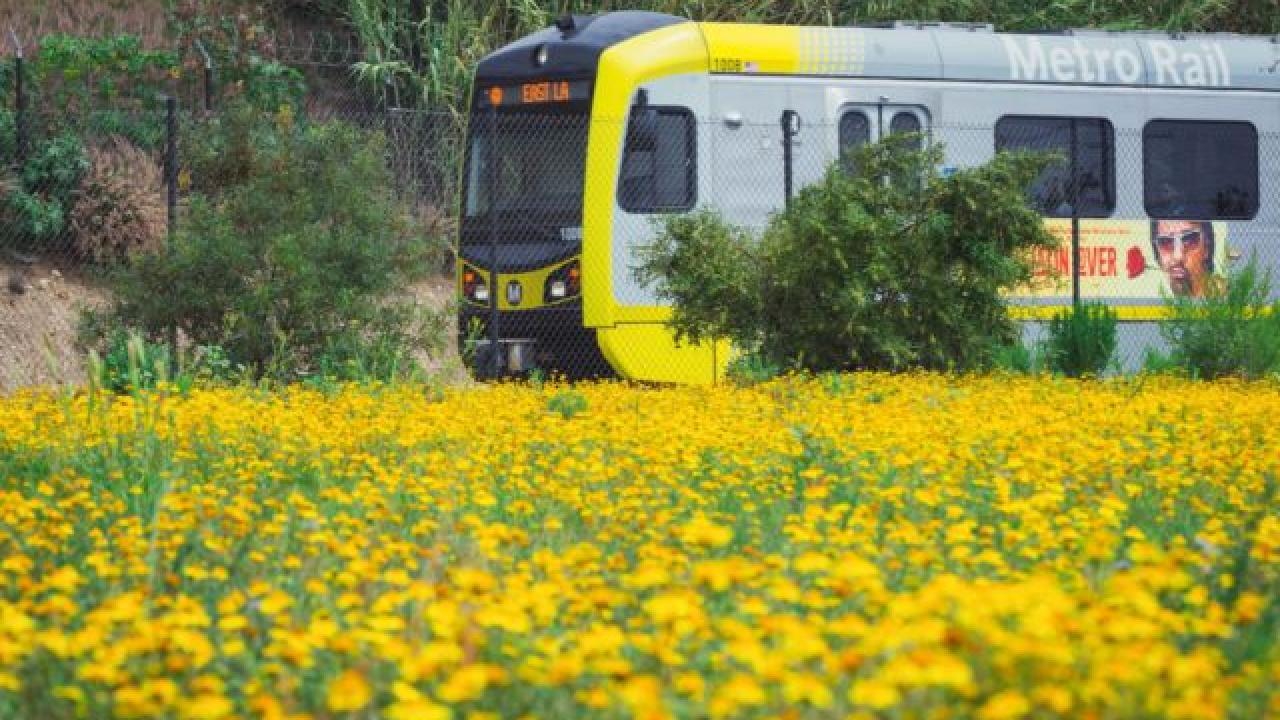With temperatures about to soar here at home in Southern California and our neighbors in the Pacific Northwest dealing with excessive heat, what climate scientists predicted for years is happening — climate change is causing more frequent, long-lasting, and intense heatwaves. Things are heating up, and our transportation habits need to change to tackle global warming that affects everyone's quality of life.
Walk or Bike
According to transportation data collected in 2019, of over fifty million trips in a single month in the 25 most congested U.S. cities, including Los Angeles, INRIX Research found that 48 percent of all car trips were less than three miles in length. Twenty percent were shorter than one mile. Instead of driving short distances, take the better, less polluting route. Walking and biking are healthier for you and the planet. Everyone reaps the benefits of keeping a car parked. The cleanest ways to get around benefit air quality, road safety, and equity.
Take Public Transportation
A study on traffic trends in 2020 revealed that despite a reduction in driving caused by the pandemic, Los Angeles remains one of the most traffic-afflicted regions in the country. Why fight congestion when you can take a seat on public transportation? Mass transit is the low emission and arguably less stressful alternative to driving. Public transportation produces less pollution than individual vehicles. Taking the bus or rail reduces annoying congestion and helps slow down the rate of climate change.
Go Electric
Whether you hop on an e-bike or get behind the wheel of an electric car, fueling up with this power source has a much lower environmental impact. EVs are greener, contributing less to climate change than gas or diesel vehicles because they produce fewer direct emissions. Zero-emission vehicles that never emit exhaust really put a dent in climate change.
Telecommute
When thousands of UCLA employees began working from home in spring 2020 to slow the spread of the virus, the reduced commutes lowered the campus carbon footprint. Even with plans for a fall reopening, UCLA will continue supporting remote work as it helps the University not only advance its sustainability goals but grants employees greater flexibility.






